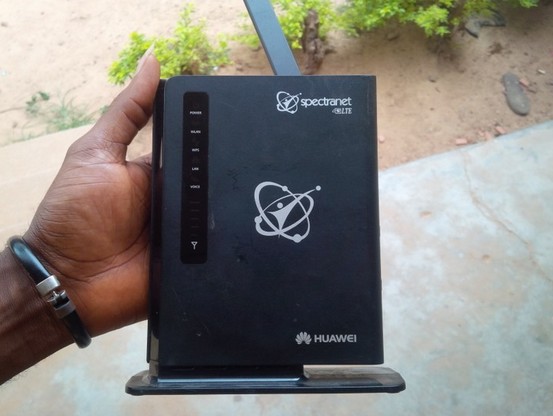Indications have emerged revealing that African countries have suddenly become choice targets for cyber-criminals due to unprecedented growth in uptake of mobile internet.
A new report by a cyber-security solutions (name with held) noted that even though the continent’s internet penetration was only 35.2% in December 2017, 19.2% behind the world average, cyber-crime is a serious threat to countries in Africa.
Analysts say it’s no surprise that mobile attacks are having a major impact on organisations is Nigeria. One of the key markets in Africa, Nigeria is quickly becoming a mobile-first country, with mobile penetration increasing from 53% in 2016 to 84% in 2017. And considering the availability of phones is at a lower price point, more Nigerians are now able to afford a mobile device.
One of the main challenges that the security industry in Africa, and globally, continuously fight against is mobile security. It’s hardly surprising given that sub-Saharan Africa alone currently has a unique mobile subscriber penetration of 44%, expected to hit 52% in 2025.
According to the company, “The sheer economy of scale offered by mobile devices is incredibly appealing to cybercriminals. They are using every available opportunity to attack individuals and organisations through their mobile devices, including Apps, particularly because these devices are so popular and people usually do not take as strict precautions when it comes to securing them as they would with their laptops for example”.
Findings by the group informed that two major vulnerabilities related to mobile devices in recent times include ‘Man-in-the-Disk’, a new attack surface for Android apps.
The model of attacks by the platform is by exploiting a shortcoming because Android apps use storage resources.
The second model of attack is known as ‘FakesApp’ as researchers have discovered vulnerability in WhatsApp that allows a threat actor to intercept and manipulate messages sent by those in a group or private conversation.
Even though major malware like Ransomware, cryptominer, and banking trojans have had, and continue to have, a big impact, the cyber research group says their mobile attacks on Nigerian companies are growing in prevalence.
This in their understanding is observed when comparing the impact of these attacks to the global market we find that Nigeria averaged 20% – 35% higher between January and August this year, which is not to be taken lightly.
The current threat landscape has evolved into a much more aggressive dimension as many now experience Gen V (5th Generation) cyber-attacks, which are characterized as large-scale and fast moving across multiple industries.
Experts decry that these sophisticated attacks on mobile, cloud and various enterprise networks, easily bypass conventional defenses being used by most organizations today as they rely on older generations of security.
The scenario therefore presents the fact that African continent and Nigeria in particular is increasingly under threat from cybercriminals and calls on local businesses to partner with security specialists that can help them remain one step ahead of the attacks.
However, the National Information Technology Development Agency (NITDA) in charge of monitoring developments in the technology sector of the economy has assured that it is working with relevant partners in tracking cyber attacks and nipping them in the bud from time to time.
It was not clear whether the group parading itself as having the key to checkmating rising cyber attacks in Nigeria has been cleared by the national agency before telling Nigerians what it has in stock.









